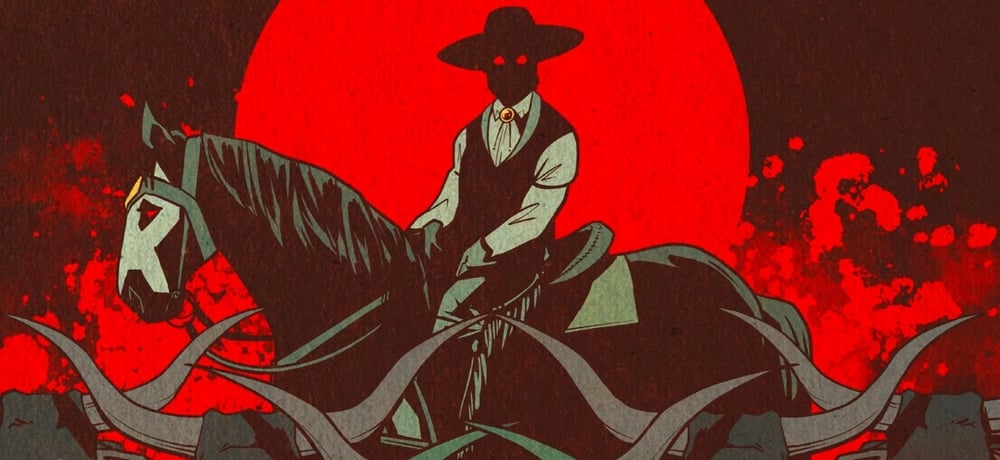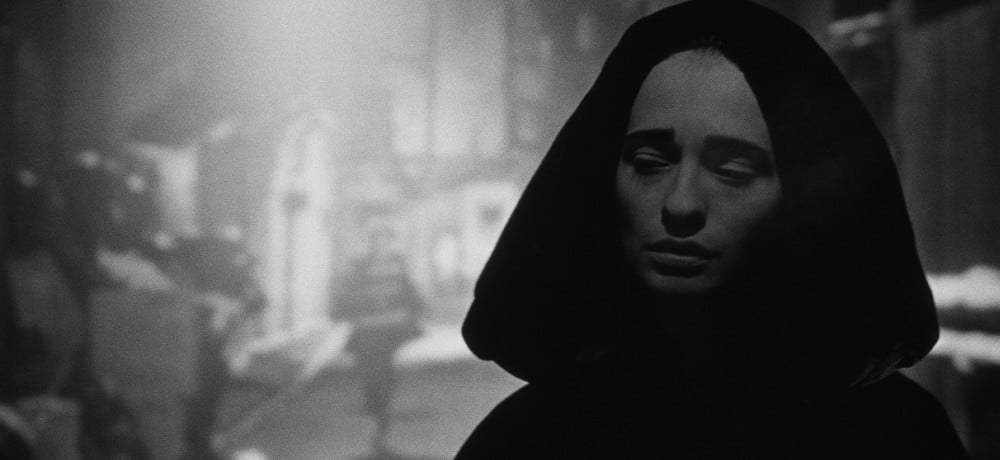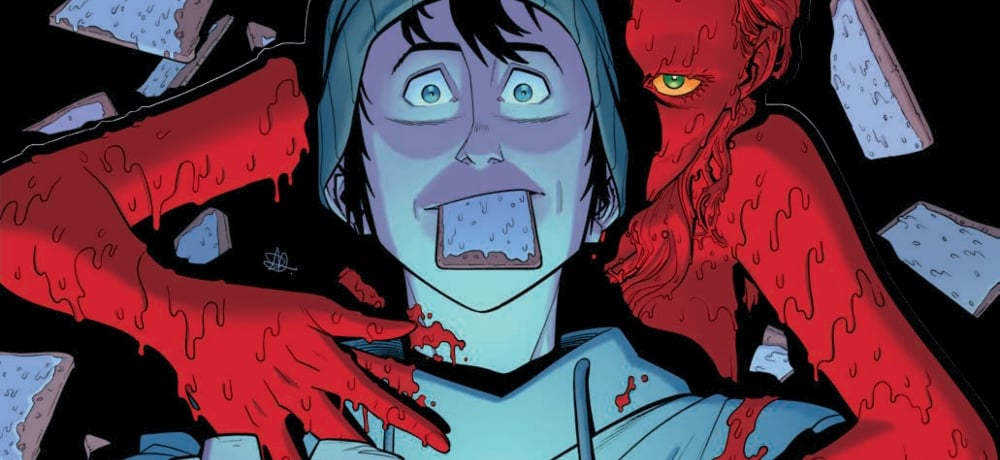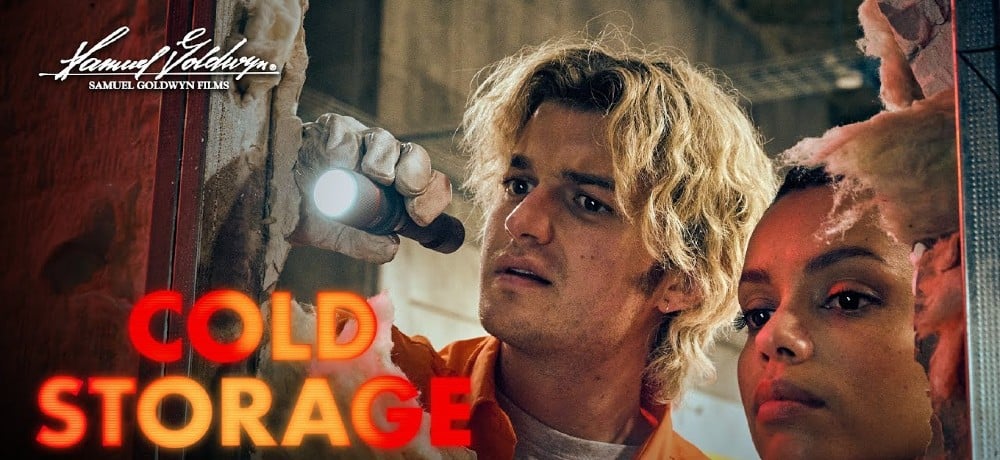





World War Z, the long awaited and loosely based Max Brooks adaptation, should find classification as both zombie horror and disaster film. Instead of an asteroid on a beeline with Earth or an alien invasion, the rapidly infected living dead dispose of cities in much the same fashion.
Director Marc Forster charges into the film without much of an introduction and fashions the zombie pandemic as more of an exciting global thriller than a gory horror film. The result is an action packed, though narratively derivative, summer blockbuster.
The film begins in the kitchen of Gerry Lane (Brad Pitt), a former U.N. investigator, preparing breakfast with his wife Karin (Mireille Enos) and two children. On their way through a crowded downtown Philadelphia, the city is overcome by rabid zombies in a matter of minutes. Once bitten, the transforming effect takes mere seconds. Lane and his family narrowly escape the city. Because of Lane’s former status, they are given shelter on an aircraft carrier. Lane is reinstated into his former post, in exchange for his family’s safety, and must search across the globe for the source of the outbreak.
The film offers a great visual scope, a budget compliment, of the world in the process of ruin. In most zombie horror films this aspect is the missing component of showcasing the mass effect on society. Take for instance George Romero’s seminal Dawn of the Dead as an example of scope; World War Z ups the zombie quotient by having droves of the sprinting dead piling atop one another to depose cities worldwide. It’s reminiscent of Paul Verhoeven’s alien/bug overload in Starship Troopers. Though, while the visual world perspective is on display the actually connection to the world is missing in this film. Where Romero excelled at utilizing the zombie character to also supply social commentary, World War Z only touches on the potential for exploration. Though there are few interesting questions posed concerning the fragility of existence and the motivations behind self-perseveration, they are not fully realized.
There is an atmospheric quality that is noticeable from the tension filled introduction and remains throughout, that being the immediacy of action particularly that movement is primary for survival. Even though cliché moments are abundant, an apartment temporary safe haven being the most familiar, the pace is swift and the action set pieces are executed with surprising suspense. Though the time spent on new characters is short lived, due to the swarming epidemic rapidly consuming everything, the swift storytelling doesn’t allow for much character development beyond Lane’s constant hero.
Brad Pitt holds the characters together in the lead, playing both the outwardly calm yet internally terrified aspect of fatherhood with an even temper. Mireille Enos, in a minor supporting role as Lane’s wife Karin, does her best to impart emotion with reactions to missed phone calls and putting on a brave face for her children.
World War Z is not a perfect film, though it is entertaining, action packed, and offers some amusing set pieces for gore-less, sprinting zombie carnage. The emphasis away from Max Brooks numerous individual accounts keeps the film fast moving, though this method also allows for the important quality of character development to suffer considerably. World War Z does not demonstrate much genre originality and the zombies remain one-note, but it does offer an enjoyable summer offering.
Film Score: 3.5/5